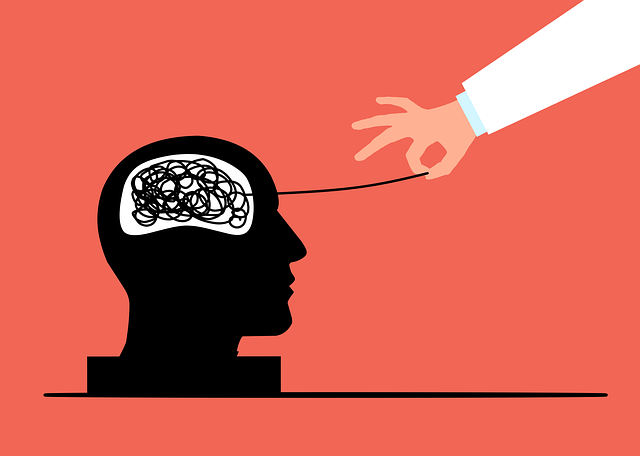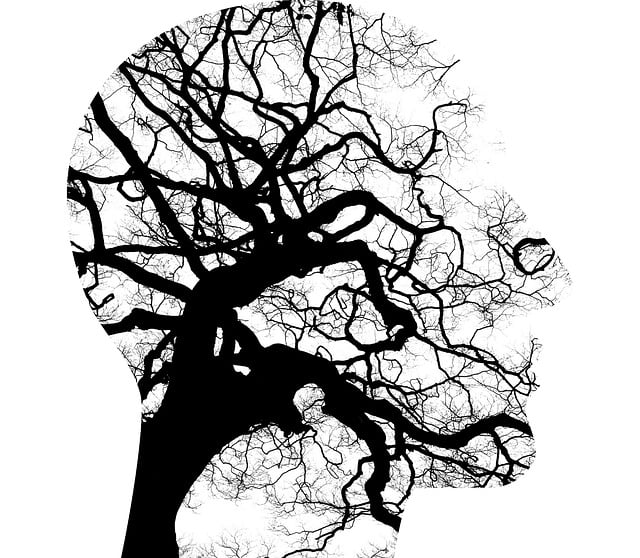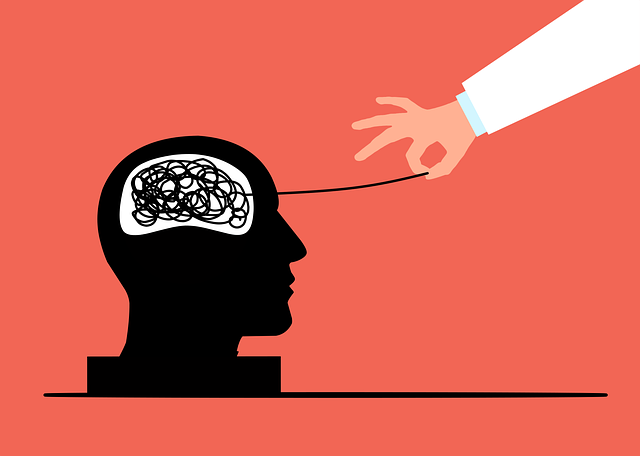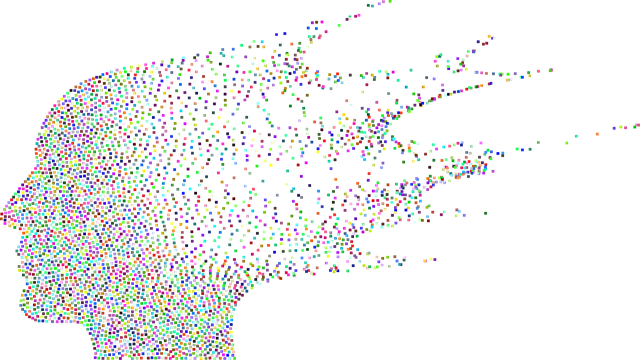Parker Divorce Therapy offers a holistic approach to building resilience during divorce, addressing mental, emotional, and physical health. Their methods, including Compassion Cultivation Practices (CCP) and the RFM framework, enhance self-awareness, coping strategies, and positive psychological states. By integrating evidence-based practices like mindfulness and communication skills, Parker Divorce Therapy empowers individuals to manage stress, navigate transitions, prevent burnout, and emerge stronger from difficult experiences.
Resilience is a powerful tool for navigating life’s challenges. Understanding its profound impact on overall well-being, this article explores strategies to build mental fortitude. We delve into Parker Divorce Therapy, a holistic approach, and how its principles can be applied to enhance personal growth.
The RFM framework—Resources, Strengths, and Goals—serves as a roadmap for self-improvement. Through practical exercises, readers will discover techniques to cultivate emotional resilience, ensuring they can face life’s storms with strength and adaptability.
- Understanding Resiliency and Its Impact on Well-being
- Parker Divorce Therapy: A Holistic Approach to Strengthening Resilience
- Implementing RFM (Resources, Strengths, and Goals) in Personal Growth
- Practical Exercises for Building Mental and Emotional Resilience
Understanding Resiliency and Its Impact on Well-being

Resiliency is a key factor in maintaining emotional well-being and overall mental health, especially during challenging life transitions such as divorce. It refers to an individual’s ability to adapt and bounce back from adversity, stress, or trauma. Building resiliency can significantly impact one’s quality of life and help individuals lead more fulfilling post-divorce lives. By adopting resilience-focused practices, like those offered by Parker Divorce Therapy, individuals can enhance their Self-Awareness Exercises, enabling them to better understand and manage their emotions.
This process involves developing effective coping strategies and cultivating positive psychological states, which are essential for Emotional Well-being Promotion Techniques. It’s about equipping oneself with tools to navigate life’s curveballs, preventing Burnout Prevention and fostering a sense of personal growth. Through targeted exercises and support systems, individuals can build resilience, ensuring they emerge stronger from difficult experiences.
Parker Divorce Therapy: A Holistic Approach to Strengthening Resilience

Parker Divorce Therapy offers a unique and holistic approach to strengthening resilience, focusing on the interconnectedness of mental, emotional, and physical well-being. This method acknowledges that divorce is not just a legal process but also a deeply personal one, requiring individuals to navigate complex emotions and life transitions. By integrating evidence-based practices such as Compassion Cultivation Practices (CCP), healthcare providers are equipped with valuable tools to support clients in building resilience.
The program emphasizes the importance of Self-Care Routine Development for Better Mental Health, ensuring individuals have the resources to manage stress and cultivate a sense of stability during and after divorce. Through tailored interventions, Parker Divorce Therapy aims to enhance cultural competency among healthcare providers, enabling them to offer sensitive and effective support that considers the diverse needs of their clients. This comprehensive approach ensures that those going through divorce receive holistic care that addresses all aspects of their lives.
Implementing RFM (Resources, Strengths, and Goals) in Personal Growth

Implementing RFM (Resources, Strengths, and Goals) in personal growth is a powerful approach that mirrors the methodologies employed by renowned therapists like Parker Divorce Therapy. By identifying and leveraging one’s resources—be it support networks, skills, or material possessions—individuals can build resilience against life’s challenges. This proactive strategy is particularly beneficial in navigating difficult transitions or situations that demand mental wellness coaching programs development.
Integrating RFM into personal growth journeys fosters self-care routine development for better mental health. By setting clear and achievable goals, individuals gain a sense of purpose and direction. Moreover, recognizing and amplifying one’s strengths can significantly enhance the effectiveness of crisis intervention guidance during stressful periods. This holistic approach ensures that when life throws curveballs, individuals are equipped with the tools to withstand and overcome adversity.
Practical Exercises for Building Mental and Emotional Resilience

Building mental and emotional resilience is a vital component of well-being, especially during challenging life transitions such as divorce. Practical exercises play a crucial role in helping individuals navigate these complex emotions. One effective approach is incorporating mindfulness practices into daily routines. Simple techniques like deep breathing exercises, meditation, or even mindful walking can significantly enhance one’s ability to manage stress and anxiety. These practices encourage individuals to focus on the present moment, fostering a sense of calm and reducing the impact of overwhelming thoughts.
Additionally, engaging in activities that promote emotional regulation is essential. Parker Divorce Therapy suggests utilizing communication strategies such as active listening and assertiveness training. Encouraging open dialogue and healthy expression of feelings can help individuals process their emotions constructively. Public awareness campaigns development centered around emotional well-being can also be beneficial, providing resources and support systems for those going through divorce. These exercises empower people to build resilience, ensuring they can adapt and thrive during life’s transitions.
The implementation of Parker Divorce Therapy’s holistic approach, focusing on resources, strengths, and goals (RFM), offers a powerful framework for building resilience. By integrating practical exercises that strengthen mental and emotional agility, individuals can navigate life’s challenges with enhanced adaptability. This article has explored the significance of resilience in well-being and provided actionable strategies from Parker Divorce Therapy to foster personal growth. Adopting these techniques empowers folks to embrace change, cultivate inner strength, and ultimately thrive even amidst life’s complexities.











